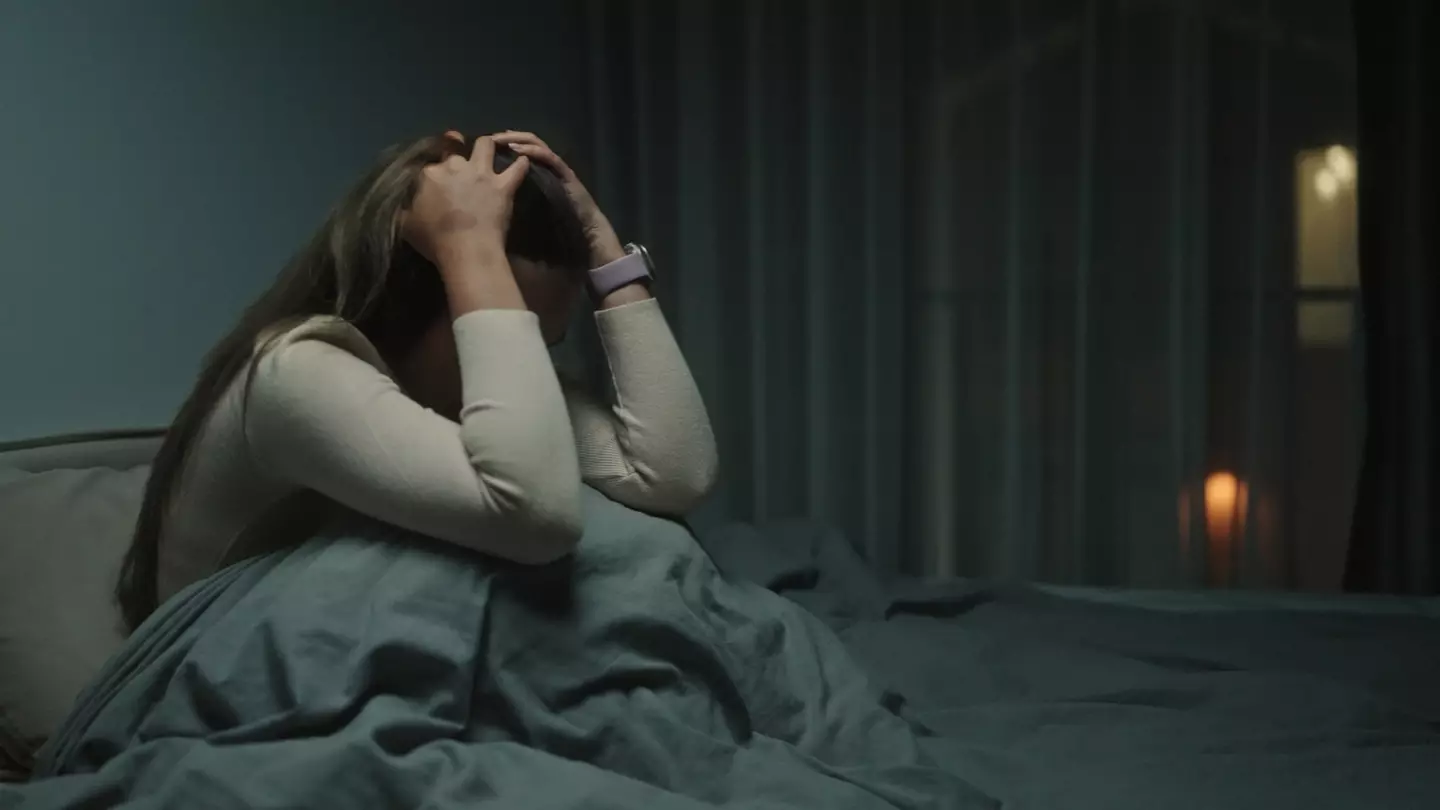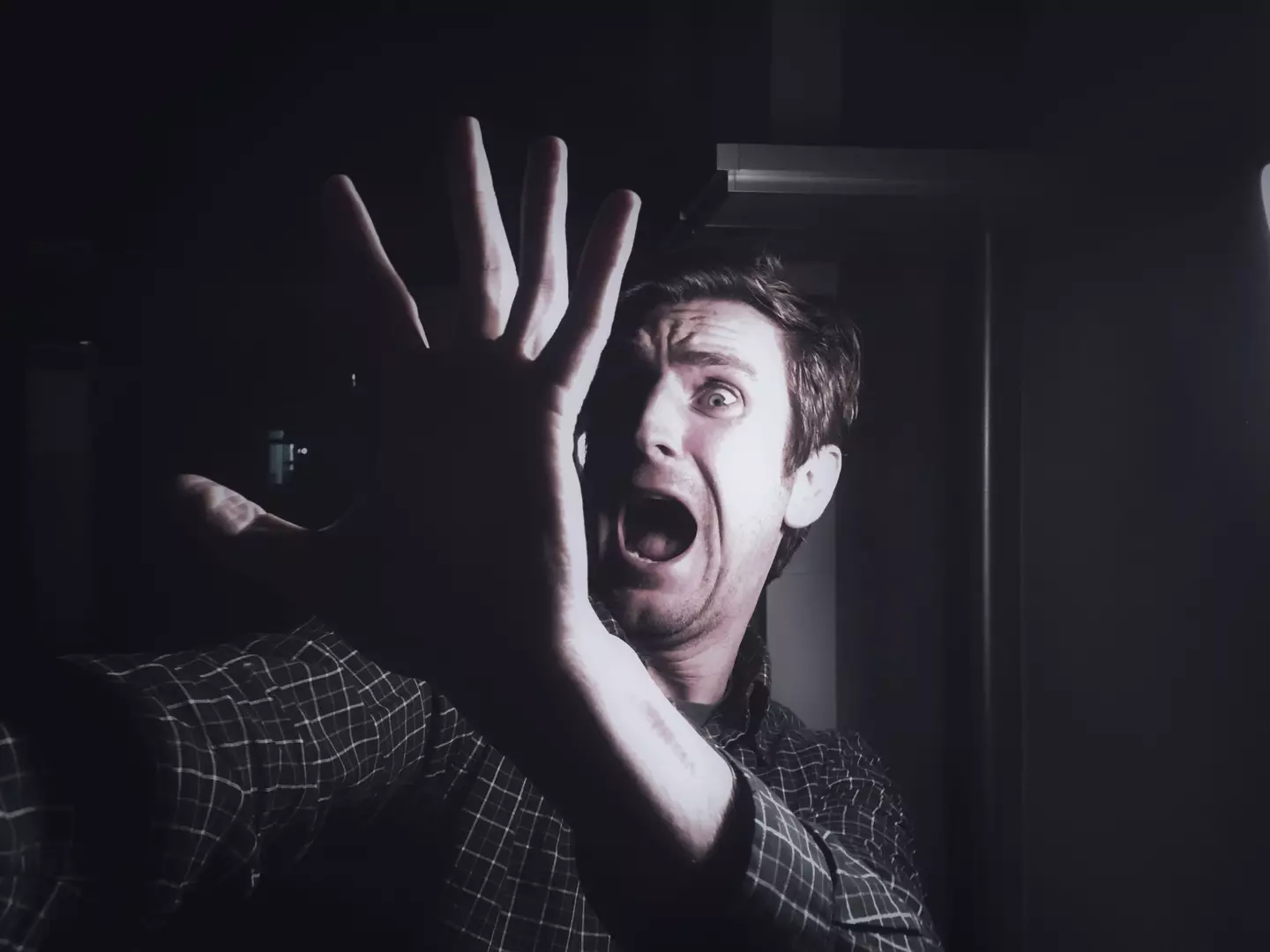Be mindful when using the phrase ‘frightened to death,’ as it might be more literal than you think.
Nightmares are a common experience for many, and while often associated with childhood, about 20 percent of adults report having frequent unsettling dreams.
These dreams can vary widely, from being chased by mythical creatures like werewolves to more mundane but stressful scenarios, such as discovering that your mother-in-law is moving in permanently.
One particular type of nightmare that people have likely encountered is the one where they see themselves dying. This doesn’t quite match the light-hearted expectations set by sitcoms like Friends.
Regarding the interpretation of these dreams, some experts believe they symbolize changes in waking life.
Lauri Loewenberg, a certified dream analyst, explains that such dreams might indicate the end of a life phase. “If a part of your life is coming to a close, your subconscious presents it to you as death so you can more easily let it go and open yourself up to the growth that will come from moving on from something that is no longer viable.”
However, contrary to the concept portrayed in the film Inception, dying in a dream does not typically result in death in reality.

During a dream that involves life-or-death scenarios, cortisol and adrenaline circulate through your body as though you were experiencing the event in real life.
Professor Tiina Paunio, a sleep expert at the University of Helsinki, stated to the Mail Online that “Generally, the health risks of nightmares are typically indirect and are linked to the causative factors that underly nightmares.”
For some individuals, especially those with certain health conditions, the consequences could be more severe.
Professor Paunio noted, “In vulnerable individuals, for example, those with a heart disease, nightmares can indirectly contribute to death, although this is rare.”
This suggests that, in rare cases, dying in a dream can have real-life consequences.

The American Heart Association also weighed in on the topic of being scared to death, noting that while it’s theoretically possible, it is ‘extraordinarily unlikely to happen.’
Dr. Mark Estes, a cardiologist and professor of medicine at the University of Pittsburgh Medical Center, shared similar thoughts. “Swings of emotion and roller coasters are OK for people who are young, who have a healthy heart.”
“But certainly, in people with pre-existing risk factors or pre-existing cardiovascular disease, you want to reduce the environments in which you might be suddenly stressed like this.”

